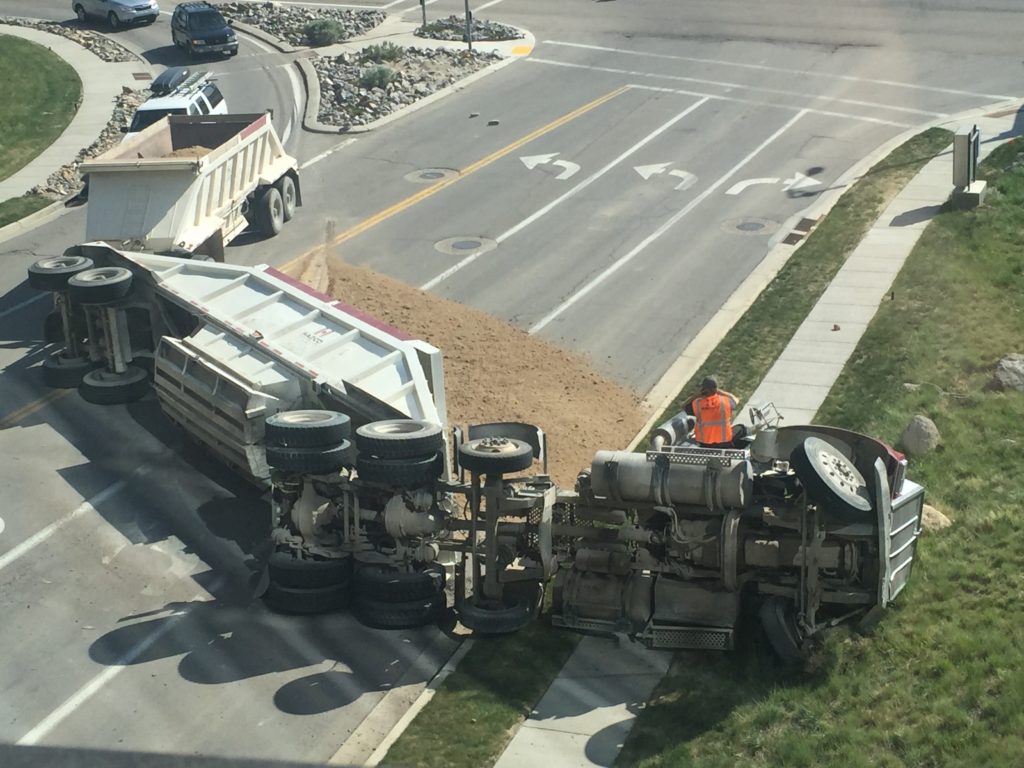
Despite numerous safety regulations put in place to protect commuters, the number of traffic deaths involving semis and large trucks is on the rise. This puts travelers in passenger vehicles at greater risk on our nation’s highways. Rear end accidents are the most common types of crashes with big rigs going too fast and failing to stop in time to prevent crashes.
A lot of new cars are equipped with automatic breaking technology that assists drivers when they get too close to vehicles in front of them on the road. There has been no action in Washington and resistance by the trucking industry to require installation of automatic emergency breaking systems or warning signals in large trucks to try and decrease, if not eliminate, rear-end truck wrecks. Instead the death toll keeps climbing.
Driving a truck is hard work. Federal regulations allow truck drivers to work 11 hour shifts and they do. A trucker has to stay alert and focused on the road, traffic, and other potential hazards for extended periods of time. Add to that the time constraints that shippers place on getting their goods delivered on time and you have the potential for fatigued operators who might be driving too fast.
With trucks being the largest and heaviest vehicles on the road, it makes sense to require trucking companies to equip their rigs with sensor technology that will alert drivers when they are following too close to other vehicles. A big rig can destroy another semi in a high speed collision, and a truck driver may be more protected from injury in a big vehicle, but riders in passenger cars are at a much greater risk of injury or death from a rear-end collision from a truck. This is clearly a case where technology could help save lives.



